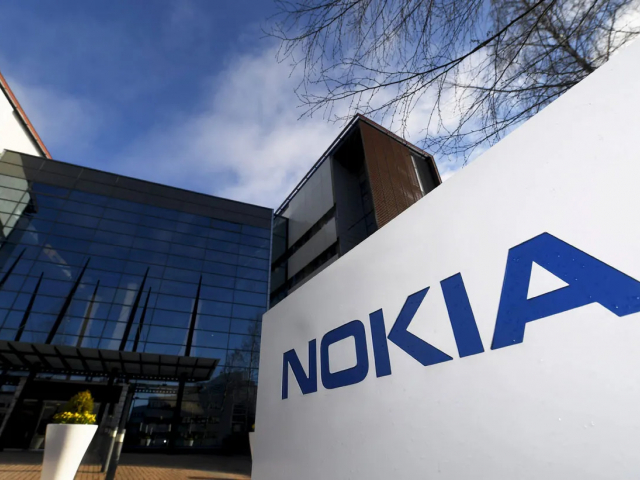
Nokia
Nokia Corporation, a Finnish company, is known for its contribution to the development and commercialization of every generation of wireless technology (from the first GSM calls to the world's fastest 5G connections). It is now leading the way in 6G development. The company plays a key role in the EU's flagship Hexa-X project, which is researching the next generation of wireless networks. Nokia is also overseeing the 6G-ANNA project in Germany and is actively involved in the Smart Network and Services joint venture under the EU's Horizon Europe program.
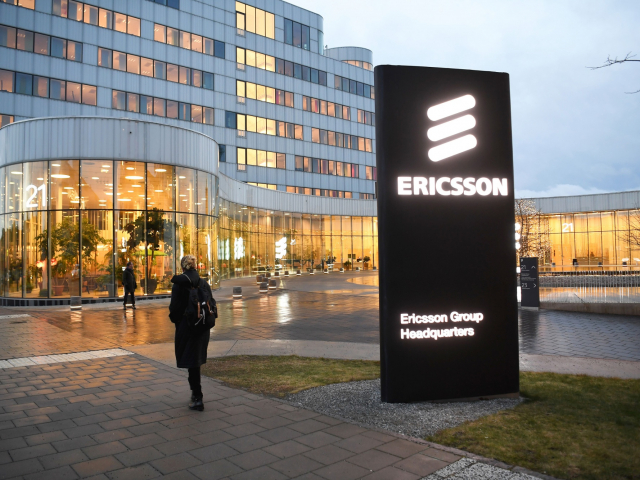
Ericsson
Today, Swedish telecommunications equipment manufacturer Ericsson is a leading player in 5G and is also actively working on the next generation of wireless communications. The company is involved in a number of research projects, including Hexa-X, IMT-2030, and the Next G Alliance. Ericsson is tasked with ensuring dynamic network deployment and successful integration with both existing and emerging technologies. The company also aims to develop a reliable data transmission system with high processing power and minimal power consumption.
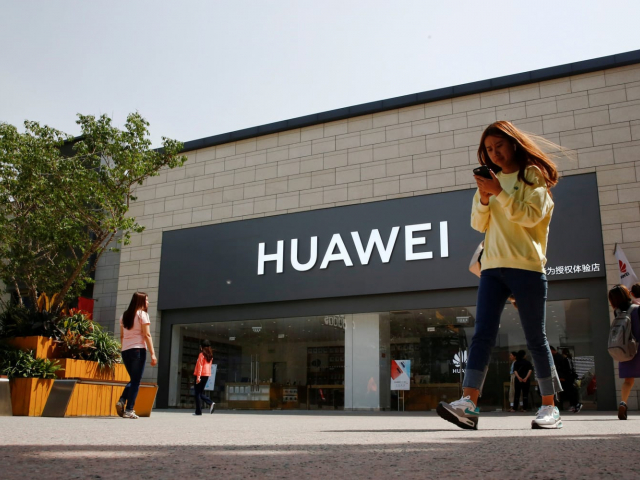
Huawei
Having started investing in 6G research in 2017, Chinese tech giant Huawei has made significant progress. The company has repeatedly stated that it sees 6G as not just the next generation of mobile communications, but as the key to creating a distributed neural network that will connect the physical and cyber worlds. This means that with the advent of 6G, humanity could get not only improved connectivity but also entirely new applications and services, including smart cities, digital health, industrial internet of things, and autonomous driving.
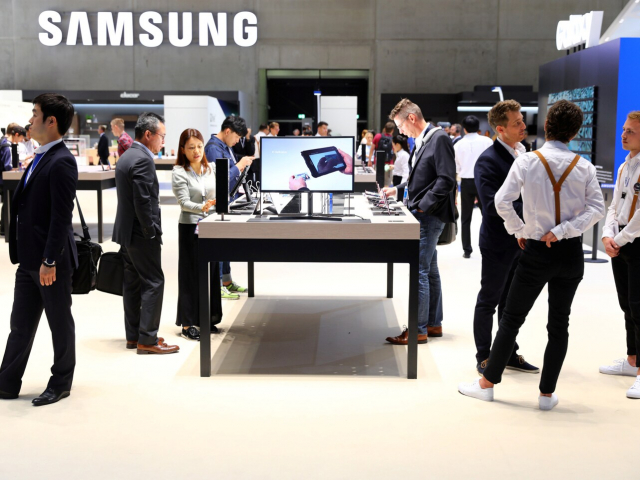
Samsung
Today, South Korean corporation Samsung is also actively investing in the development of 6G technologies. Not long ago, the company opened a new research department in the UK, specializing exclusively in this area. This action emphasizes Samsung's aspiration to become a leader in the development of the next generation of communication technologies, combining them with the capabilities of artificial intelligence. Like Huawei, the Korean tech giant sees 6G as an important link to creating a more integrated communications network.
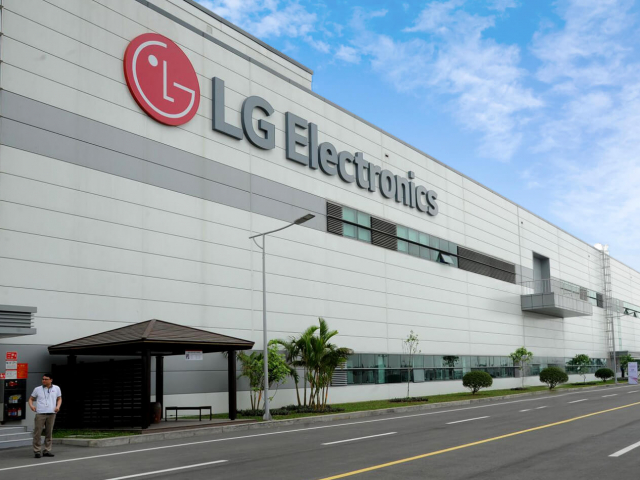
LG
In September 2023, South Korea's LG successfully tested terahertz wireless transmission and reception at a distance of 500 meters outdoors. This experience was an important milestone in the development of 6G THz technology in urban environments, given that standard base station coverage in such environments is only 250 meters. As we can see, LG is also one of the leaders in the next-generation mobile market. Today, the company leads the Next G Alliance working group aimed at accelerating the development of 6G technologies in North America.
 বাংলা
বাংলা 
 Русский
Русский English
English Bahasa Indonesia
Bahasa Indonesia Bahasa Malay
Bahasa Malay ไทย
ไทย Español
Español Deutsch
Deutsch Български
Български Français
Français Tiếng Việt
Tiếng Việt 中文
中文 हिन्दी
हिन्दी Čeština
Čeština Українська
Українська Română
Română
